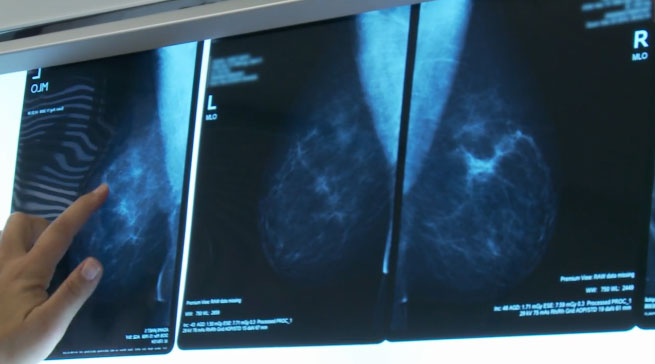Low battery
Battery level is below 20%. Connect charger soon.
It is an uncommon disease in the population but is found quite frequently in scad survivors. Fibromuscular dysplasia (fmd) is a non-atherosclerotic, non-inflammatory vascular disease leading to arterial stenosis, aneurysm and dissection of small- to medium-sized arteries. Fibromuscular dysplasia (fmd) is a non- atherosclerotic, non-inflammatory disease of the blood vessels that causes abnormal growth within the wall of an artery. Arteries are blood vessels that carry blood from your heart to the rest of your body. Fibromuscular dysplasia is most often seen in … Fibromuscular dysplasia (fmd) is described as a ‘non-atherosclerotic, non-inflammatory disease of arterial walls’. Fibromuscular dysplasia (fmd) is an uncommon medical condition involving abnormal cell growth in artery walls. · fibromuscular dysplasia (fmd) is a condition that causes extra cells to grow inside the walls of arteries. · fibromuscular dysplasia (fmd) is a heterogeneous group of vascular lesions characterized by idiopathic, non-inflammatory, and non-atherosclerotic angiopathy of small and medium-sized arteries. Fmd has been found in nearly every arterial bed in the body, although the most commonly affected are the renal and carotid arteries. What is fibromuscular dysplasia? It usually develops in women but it can affect any age or sex. · fibromuscular dysplasia is a condition that causes the medium-sized arteries in the body to narrow and grow larger. Fibromuscular dysplasia (fmd) is a rare blood vessel disorder in which some of the strong, flexible cells of arteries are replaced with cells that are more fibrous. · fibromuscular dysplasia (fmd) is an arterial disease that can often be misdiagnosed, misunderstood, and overlooked, as many doctors are not very familiar with it. • fibromuscular dysplasia (also known as fmd) is a medical condition characterized by abnormal cell growth within the arterial wall. Narrowed arteries can reduce blood flow and affect how body organs work.




